Are you a real history buff and are you looking for the best history museums to visit in Oslo? These are the ones:
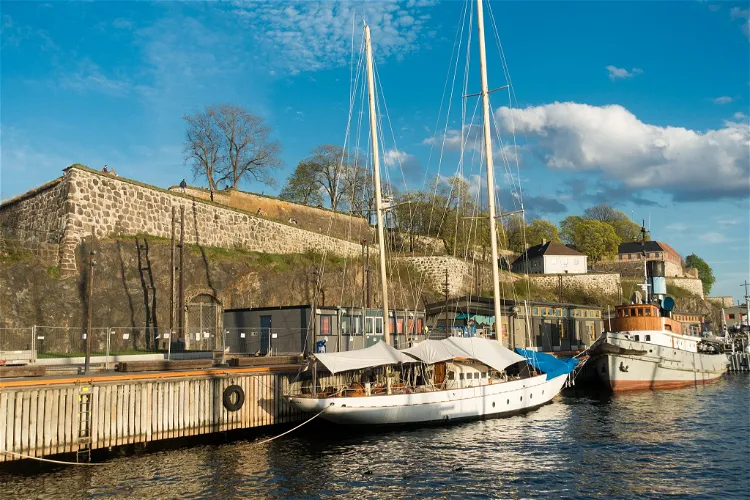
Akershus Fortress
OsloAkershus Fortress, also known as Akershus slott og festning in classical Norwegian, is a significant historical site located in Oslo, the capital city of Norway. It is situated by the Oslo fjord, offering picturesque views of the water body. The fortress is also conveniently located next to the city hall, making it easily accessible for tourists visiting the city center.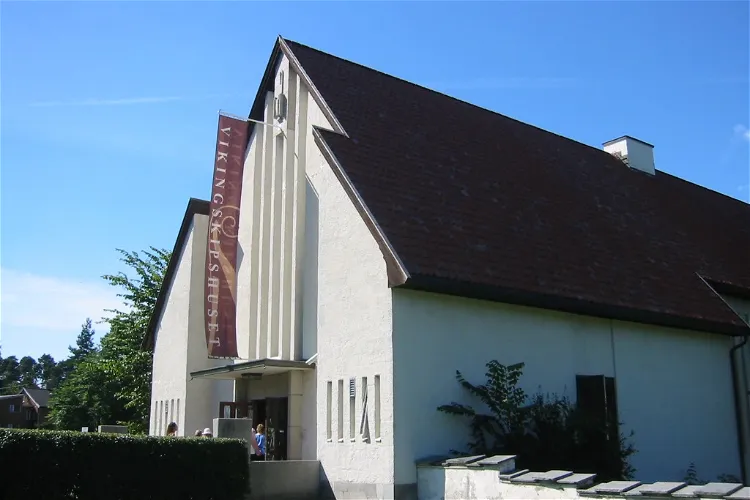
Viking Ship Museum
OsloPlease note that the Viking Ship Museum will be temporarily closed for renovations from September 2021 until 2025/2026. This is an important piece of information for tourists planning to visit the museum during this period.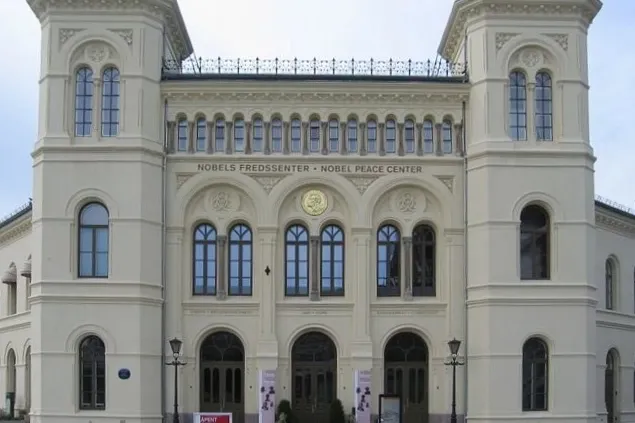
Nobel Peace Center
OsloThe Nobel Peace Center in Oslo, Norway, serves as a platform for the Nobel Peace Prize and the ideals it embodies. This center is not just a museum, but a place where culture and politics intersect to encourage involvement, discussion, and reflection on topics such as war, peace, and conflict resolution.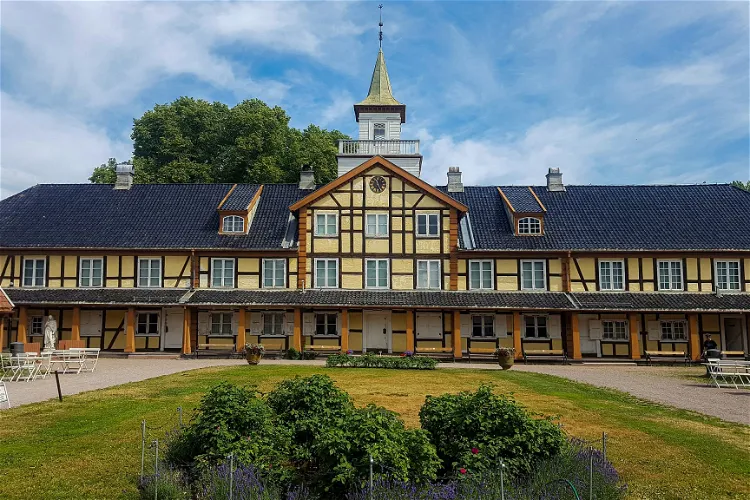
Oslo City Museum
OsloThe Oslo City Museum, located in the heart of Norway's capital, is a department of the larger Oslo Museum. Since 2006, it has been an integral part of the city's cultural and historical landscape, offering visitors a deep dive into the rich history of Oslo.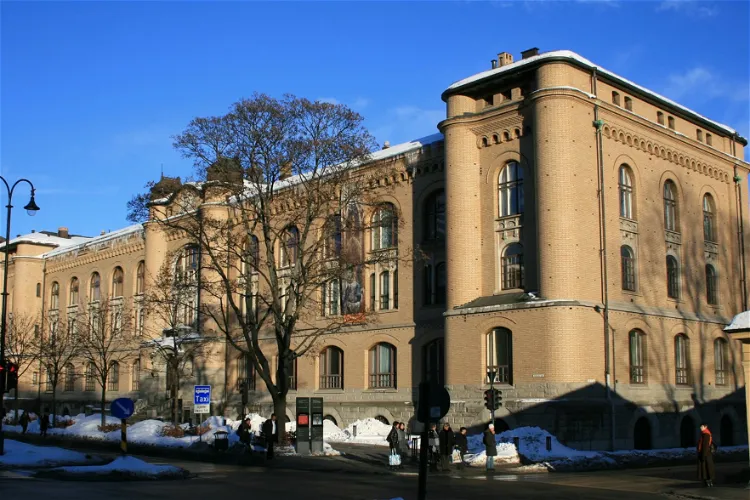
Historical Museum
OsloThe Historisk museum, located in Oslo, has been welcoming visitors since its opening in 1904. This museum is a testament to the rich history and culture of Norway, offering a unique opportunity to delve into the past and gain a deeper understanding of the country's heritage.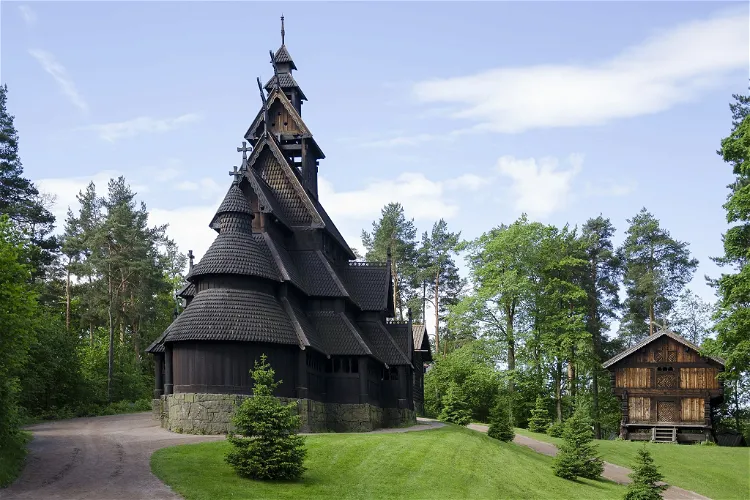
The Norwegian Museum of Cultural History
OsloThe Norwegian Museum of Cultural History, also known as Norsk Folkemuseum, is located in Bygdøy, Oslo, Norway. It is a cultural history museum that houses extensive collections of artifacts from all social groups and regions of the country. This provides a comprehensive insight into the diverse cultures and histories of Norway.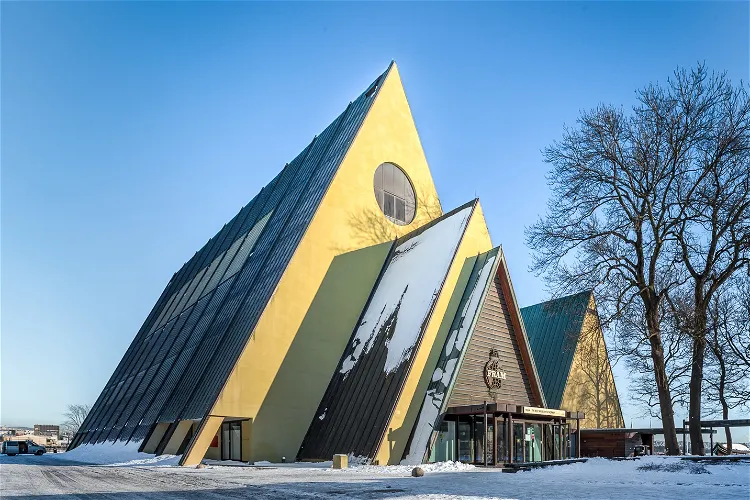
Fram Museum
OsloThe Fram Museum, located in Oslo, Norway, is a museum dedicated to the history of Norwegian polar exploration. It is situated on the peninsula of Bygdøy, an area that is also home to several other museums. The museum was inaugurated on May 20, 1936, and it pays tribute to Norwegian polar exploration and three notable Norwegian polar explorers – Fridtjof Nansen, Otto Sverdrup, and Roald Amundsen.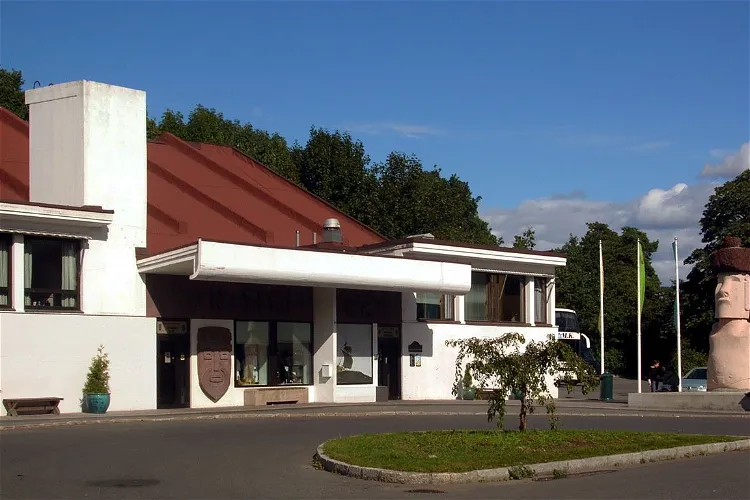
Kon-Tiki Museum
OsloThe Kon-Tiki Museum in Oslo is a privately owned and operated institution that houses a collection of vessels and artifacts. These items were used or brought back from the numerous expeditions conducted by the renowned explorer Thor Heyerdahl (1914–2002). The museum provides a unique opportunity to delve into the world of maritime exploration and understand the historical significance of these expeditions.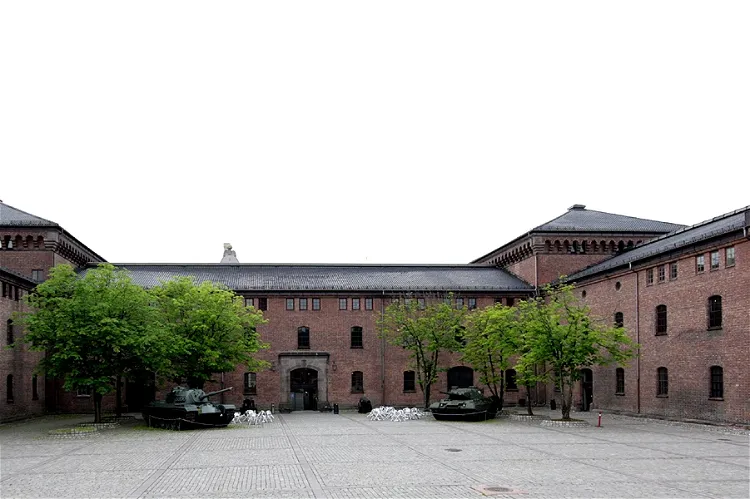
Armed Forces Museum
OsloThe Forsvarsmuseet, also known as FMU, is a museum dedicated to defense history. It is situated in building 62 at the historic Akershus Castle in Oslo, Norway. This location not only provides a fitting backdrop for the museum's exhibits but also adds to the overall experience of understanding Norway's military history.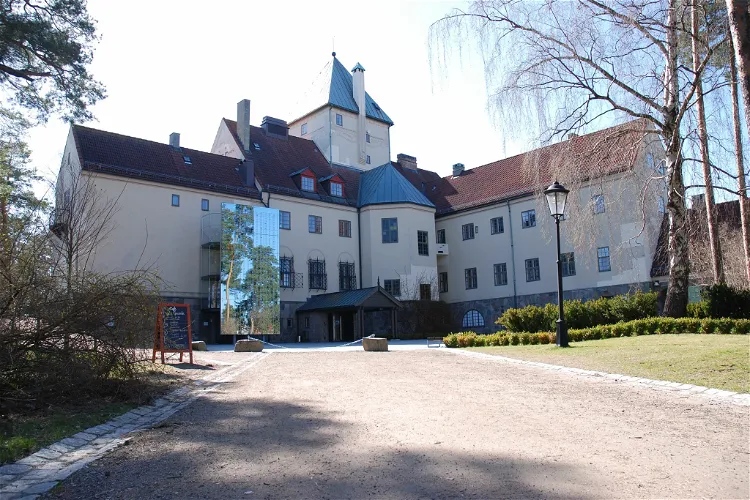
Villa Grande
OsloDuring the tumultuous times of World War II, Villa Grande served as the residence of Vidkun Quisling, a prominent figure of the era. Known as Gimle at the time, the villa was the center of Quisling's activities. This historical context adds a layer of intrigue and significance to the villa, making it a point of interest for those interested in World War II history.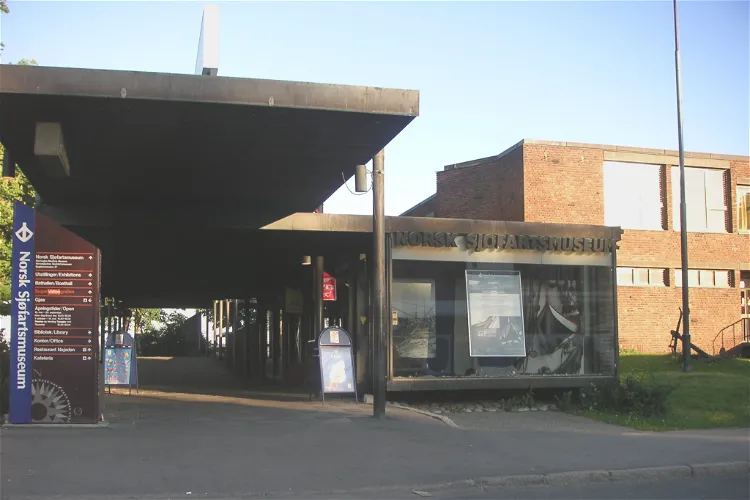
Norwegian Maritime Museum
OsloThe Norwegian Maritime Museum is situated in a prime location at Bygdøynesveien on the Bygdøy peninsula. This location is on the western side of Oslo, the capital city of Norway. The museum's location is easily accessible and offers a scenic view of the surrounding area.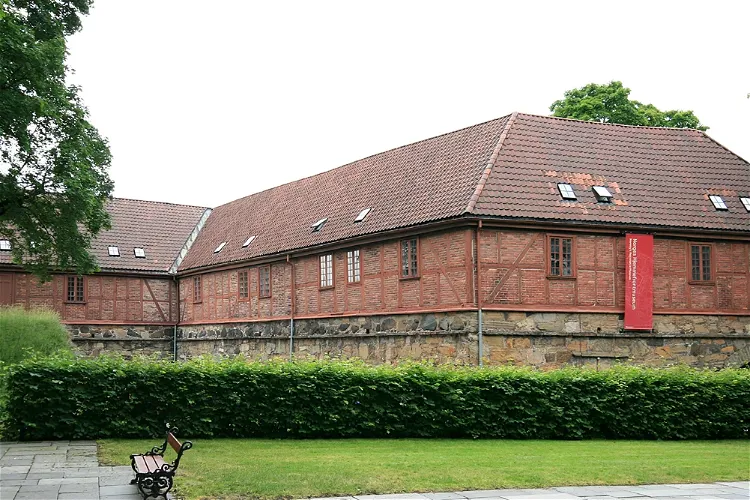
Norway's Resistance Museum
OsloThe Norwegian Resistance Museum, also known as the Home Front Museum, is situated in the historic Akershus Fortress in Oslo, Norway. This location not only provides a fitting backdrop for the museum's collection but also adds to the overall experience of understanding Norway's history during World War II. The fortress itself is a significant historical site, and the museum's location within it allows visitors to combine their visit with a tour of the fortress.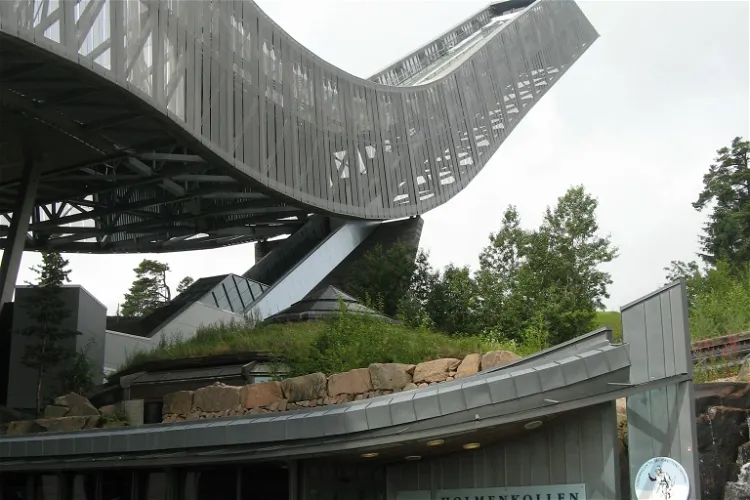
Holmenkollen Ski Museum
OsloThe Holmenkollbakken Museum, located in the city of Oslo, Norway, is home to the world's largest ski jump platform. This unique feature makes it a significant point of interest for tourists who are interested in winter sports or architectural marvels. The museum is named after the Holmenkollen mountain on which it is situated.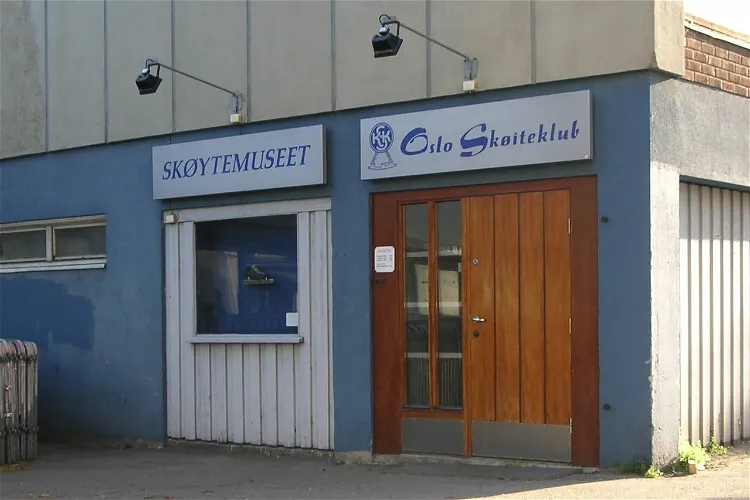
Ice Skating Museum
OsloThe Ice Skating Museum, known as Skøytemuseet in Norwegian, has a rich history dating back to 1914. It is conveniently located at Frogner Stadium in Oslo, making it easily accessible for tourists visiting the city. The museum's location also adds to its charm, as it is situated in one of the city's most popular sports venues.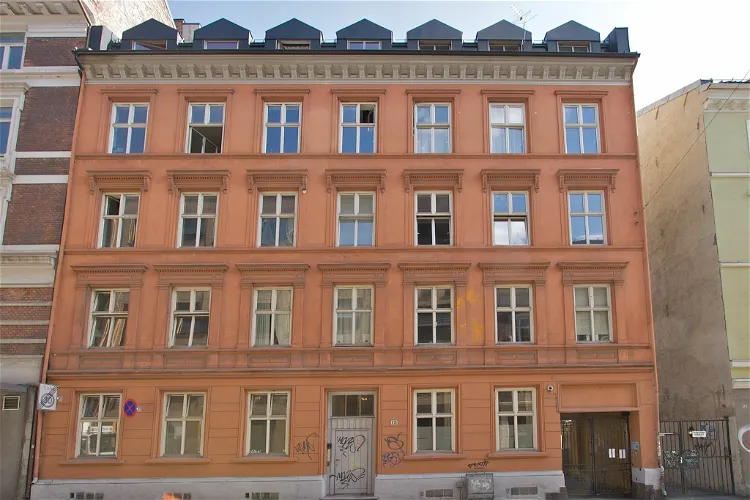
Oslo Jewish Museum
OsloThe Jewish Museum in Oslo was officially opened in 2008, featuring its first exhibition titled “Freedom won not only once”. This exhibition focused on Jewish artists in Norway and the Jews who actively participated in the fight against National Socialism during World War II. It provides a unique insight into the role and contributions of the Jewish community during this significant period in history.- 16
The Ibsen Museum
OsloThe Ibsen Museum, dedicated to the life and works of the playwright Henrik Ibsen, is conveniently located near the Royal Palace on Henrik Ibsens gate in Oslo, Norway. This location makes it easily accessible for tourists visiting the city. 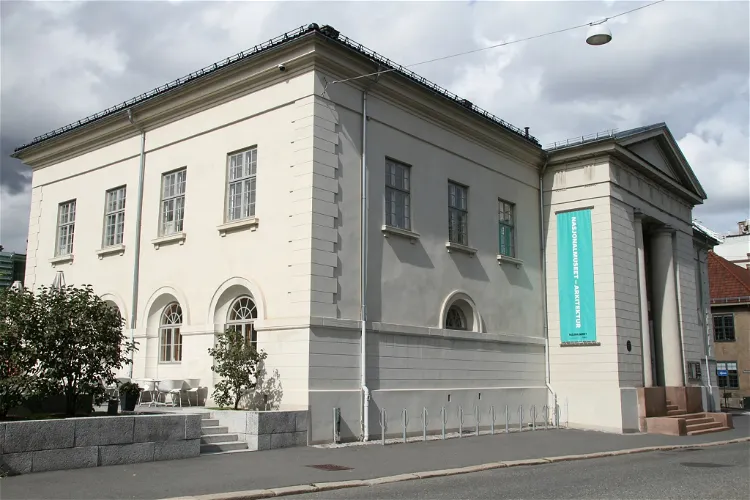
The National Museum – Architecture
OsloThe National Museum of Art, Architecture and Design, located in Oslo, Norway, was established in 2003. It is a result of the merger of five institutions: the National Gallery of Oslo, founded in 1836, the Museum of Decorative Arts and Design, in 1876, the Riksutstillinger (1953), the National Museum of Architecture (1975) and the Museum of Contemporary Art (1988).- 18
The Viking Planet
OsloThe Viking Planet is a unique digital museum experience with two locations in Norway, one in Oslo and the other in Haugesund. These museums offer a unique insight into the world of the Vikings, using advanced technology to bring history to life. 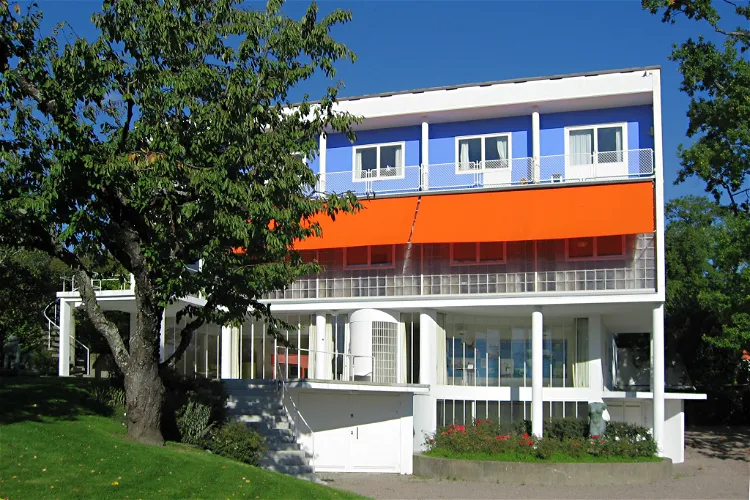
Villa Stenersen
OsloVilla Stenersen is managed by the National Gallery of Norway and is open to the public every Sunday during the summer months. This provides an opportunity for visitors to explore the villa and appreciate its architectural design and historical significance.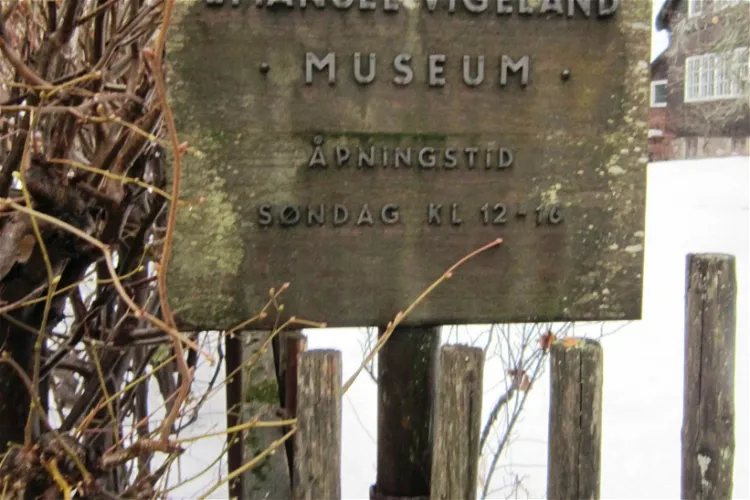
Emanuel Vigeland Museum
OsloThis museum tells the story of the life and work of Emanuel Vigeland, the much-venerated Norwegian sculptor. It was designed by himself!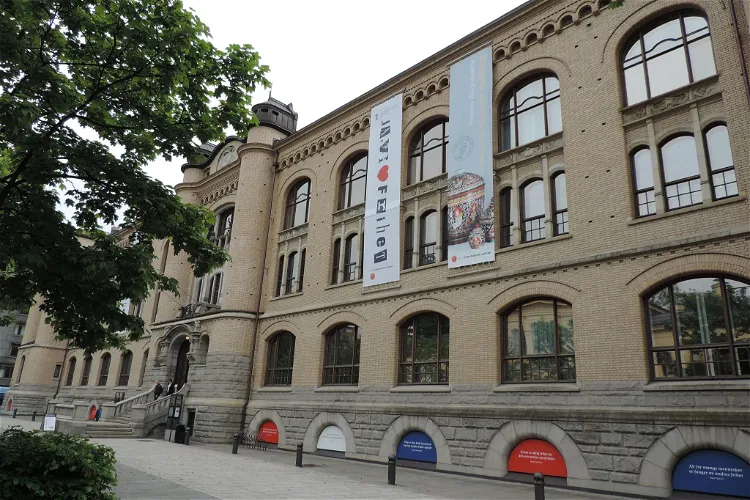
Museum of Cultural History
OsloThe exhibitions of the Cultural History Museum are spread across four main buildings in the city center of Oslo. These include the Historical Museum located at Frederiks gate 2 and Frederiks gate 3, the Laboratory at Frederiks Gate 3 and St. Olavs Gate 29, and the Viking Ship Museum situated on the Bygdøy peninsula. Each of these locations offers a unique insight into different aspects of Norway's cultural history, providing a diverse and enriching experience for visitors.- 22
Bygdøy Royal Estate
OsloThe Bygdøy Royal Estate, also known as the Bygdø Royal Farm, is a significant historical site located in the northwestern part of the Bygdøy peninsula in Oslo, Norway. This Kongsgård estate and manor house serves as the official summer residence of the King of Norway, adding to its historical and cultural significance. Visitors can appreciate the grandeur of the estate and its rich history. 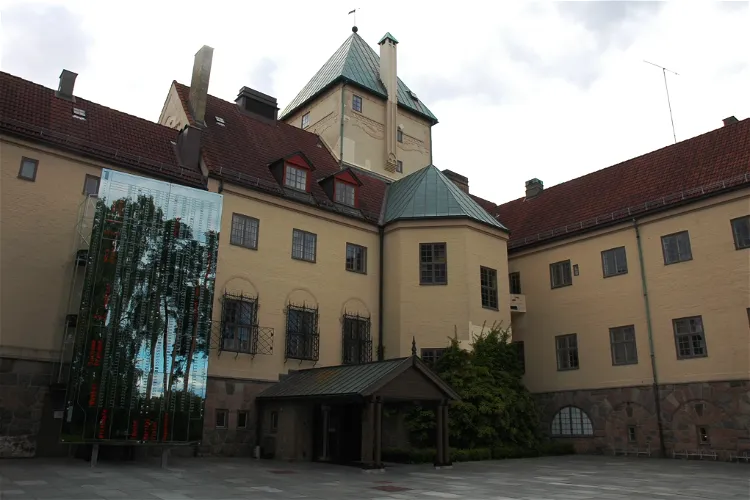
Center for Studies of the Holocaust and Religious Minorities
OsloThe Norwegian Center for Holocaust and Minority Studies, also known as the HL Center or the Holocaust Center, is a significant institution located in Bygdøy, Oslo. Established in 2001 by the University of Oslo and the Norwegian government, the center was initiated by the Jewish community in Oslo. It serves as a foundation for research and knowledge dissemination about the Holocaust, discrimination, genocide, and human rights.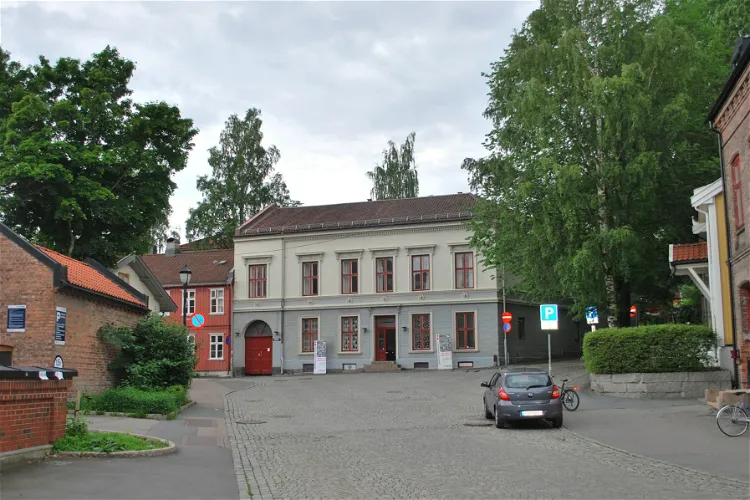
Labour Museum
OsloThe Labour Museum, also known as Arbeidermuseet, is situated in Sagveien 28, Sagene, Oslo. It is a part of the Oslo Museum, which is a collection of museums that showcase the history and culture of the city. The Labour Museum is centrally located in an area that was crucial to the industrialization of Norway in the 1840s.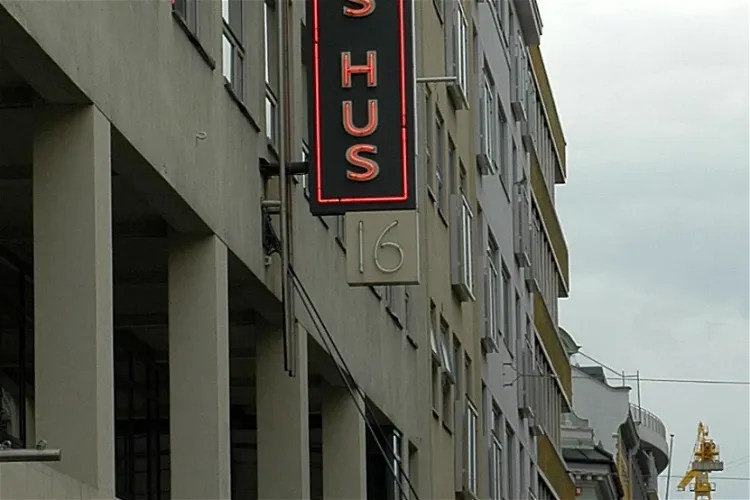
Film Museum
OsloOne of the main attractions at Filmens Hus is the cinema offering Cinemateket, which is operated by the Norsk filminstitutt (NFI). Cinemateket is a specialized cinema that focuses on showcasing classic films and alternative contemporary films. While membership in Cinemateket offers a discount on entrance tickets, it is not necessary to become a member to watch a film. This makes it a great place for tourists who are film enthusiasts to visit.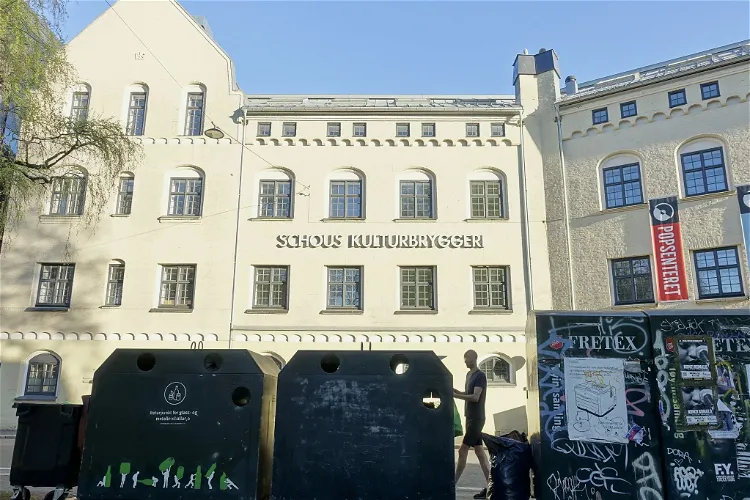
Popsenteret
OsloPopsenteret, located in the Grünerløkka district of Oslo, is a museum dedicated to Norwegian popular music. It was established by the Oslo municipality and opened its doors to the public on November 25, 2011. The museum is part of the Schous Kulturbryggeri, a cultural hub in the city.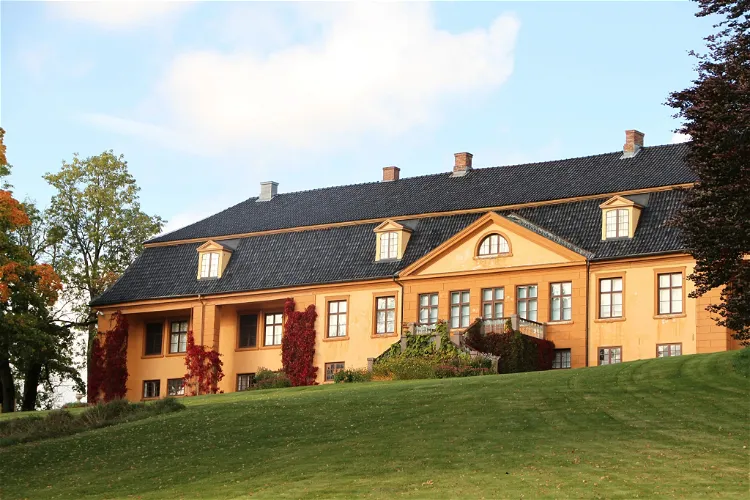
Bogstad Manor
OsloBogstad Manor, located in the borough of Vestre Aker in Oslo, Norway, is a historic Manor House and former estate. This significant site offers a glimpse into the past, showcasing the grandeur of the Manor House and the rich history of the estate.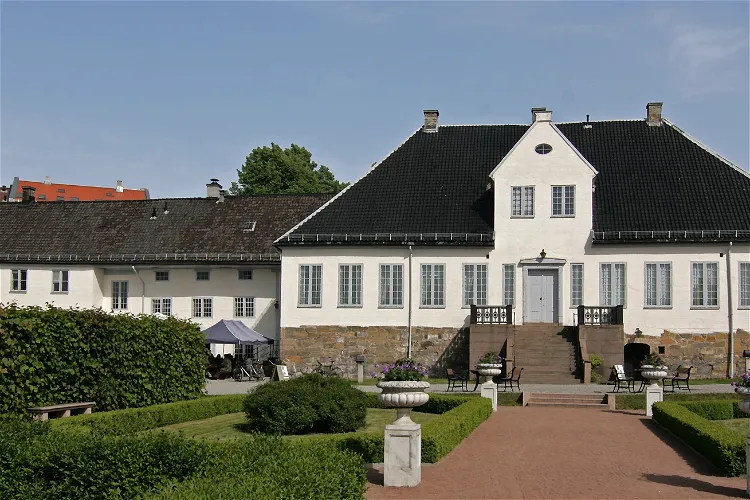
Oslo ladegård
OsloOslo Ladegård, a manor house located in Gamlebyen, Oslo, is a significant historical site. It was constructed on the grounds of the Old Bishop's Palace in Oslo, adding a layer of historical depth to the location. The manor house's location in Gamlebyen, a district known for its rich history, further enhances its appeal to tourists interested in exploring Norway's past.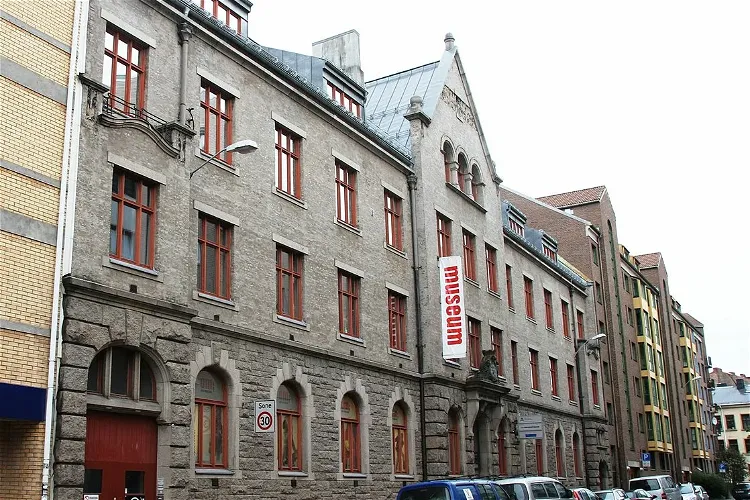
Intercultural Museum
OsloThe Intercultural Museum, also known as Interkulturelt Museum, is situated at Tøyenbekken 5 in Oslo, Norway. This location is easily accessible and is a convenient spot for tourists who are interested in exploring the cultural diversity of Norway.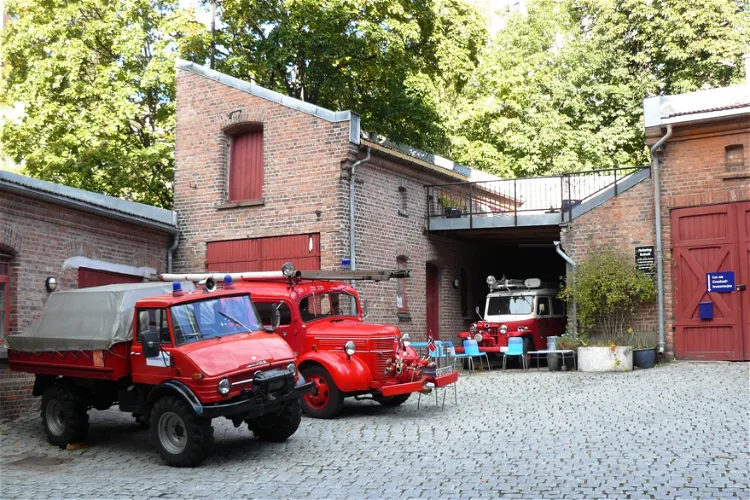
The Fire Museum
OsloThe Fire Museum in Oslo is open to the public every Wednesday from 11 am to 2 pm. This provides an opportunity for visitors to explore the museum's collection of vintage fire engines and equipment, and learn about the history of firefighting in Oslo.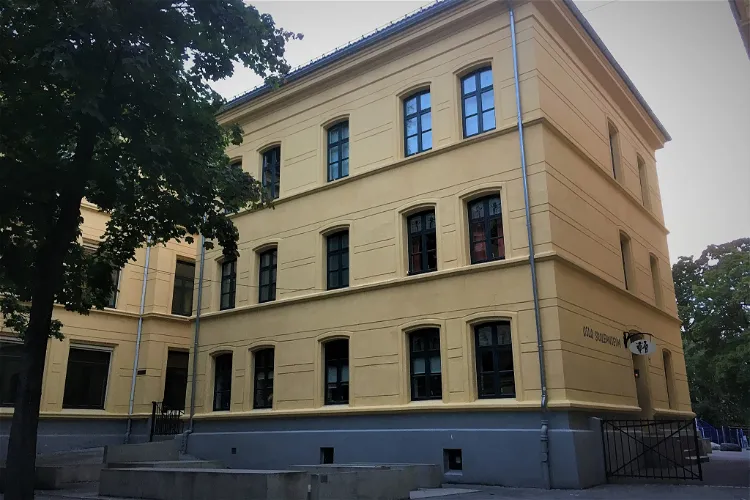
Oslo School Museum
OsloThe Oslo School Museum is situated in the old principal's residence within the schoolyard of Møllergata school. This location adds a unique historical charm to the museum, making it an interesting destination for tourists who are keen on exploring the educational history of Oslo.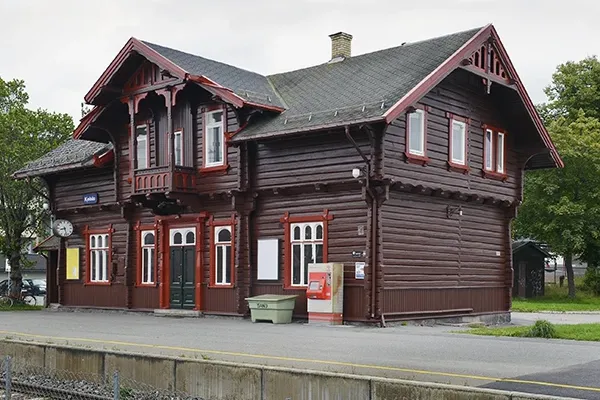
Norwegian Telecom Museum
OsloThe Norwegian Telecom Museum had a nationwide presence, with exhibitions and collections in several locations across the country. These locations included Oslo, Stavanger, Jeløy, Kristiansand, Lier, Lærdal, Lødingen, Sørvågen, Tromsø and Trondheim. This wide distribution allowed the museum to reach a larger audience and provide a more comprehensive view of Norway's telecommunications history.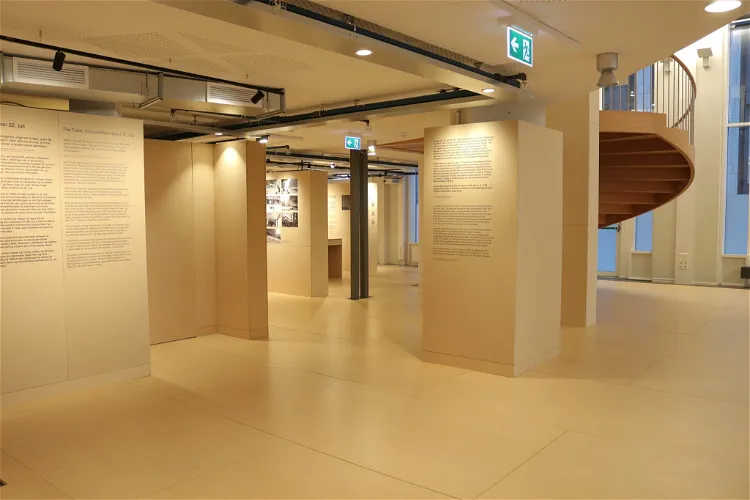
22 July Information Centre
OsloThe 22 July Centre, located in Norway, serves as a learning centre that focuses on preserving and sharing the memory and knowledge about the terror attacks that occurred in Oslo and on Utøya on 22 July 2011. It provides a comprehensive understanding of the events and their impact, making it a significant place for those interested in history and current affairs.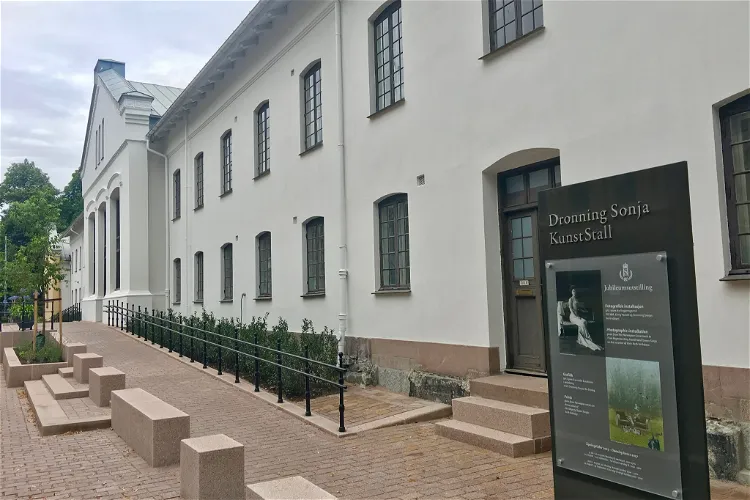
The Queen Sonja Art Stable
OsloThe Queen Sonja Art Stable, located in the former stables of the Royal Palace in Oslo, serves multiple purposes. It is not only a museum but also an art gallery and a concert hall. This unique combination of functions makes it a versatile destination for tourists interested in art, history, and music.- 35
National Museum of Medicine
OsloThe museum contains lots of documents, equipment, photographs, books and pictures documenting the development of modern medicine. - 36
Museene i Akershus - Linderud gård
OsloLinderud gård, located in the Bjerke district of Oslo, is a former large farm and now a part of MiA - Museene i Akershus. This historical site offers a glimpse into the past, showcasing the lifestyle and architecture of the time. It's a great place for tourists interested in history and culture. 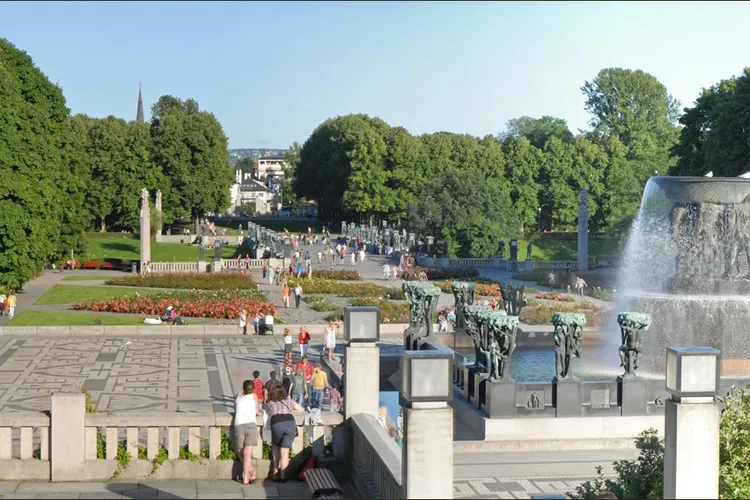
Vigeland Sculpture Park
OsloFrognerparken, located in Oslo, is a public park that is home to the Vigeland Sculpture Park. This park showcases the work of renowned Norwegian sculptor Gustav Vigeland. It is a place where visitors can enjoy both the natural beauty of the park and the artistic brilliance of Vigeland's sculptures.